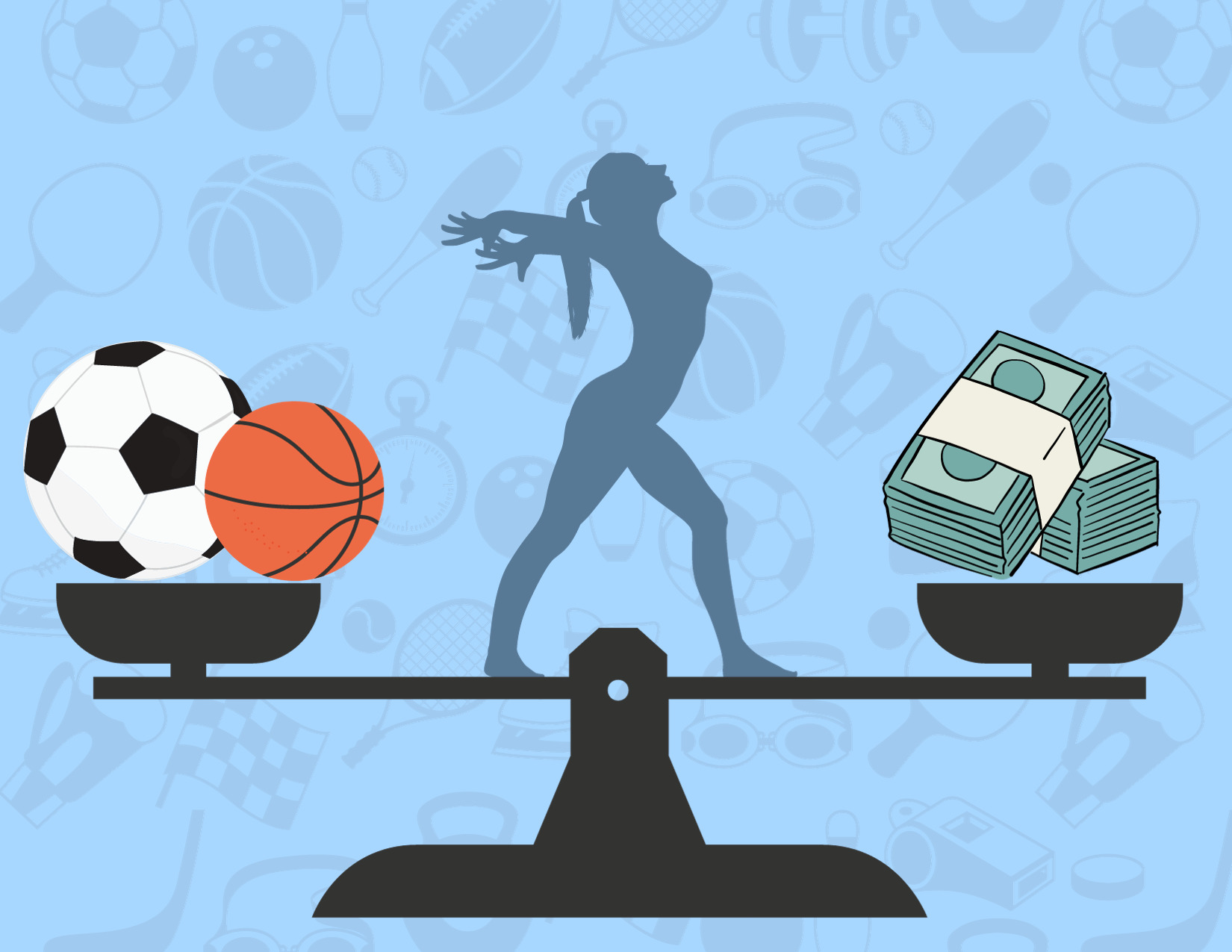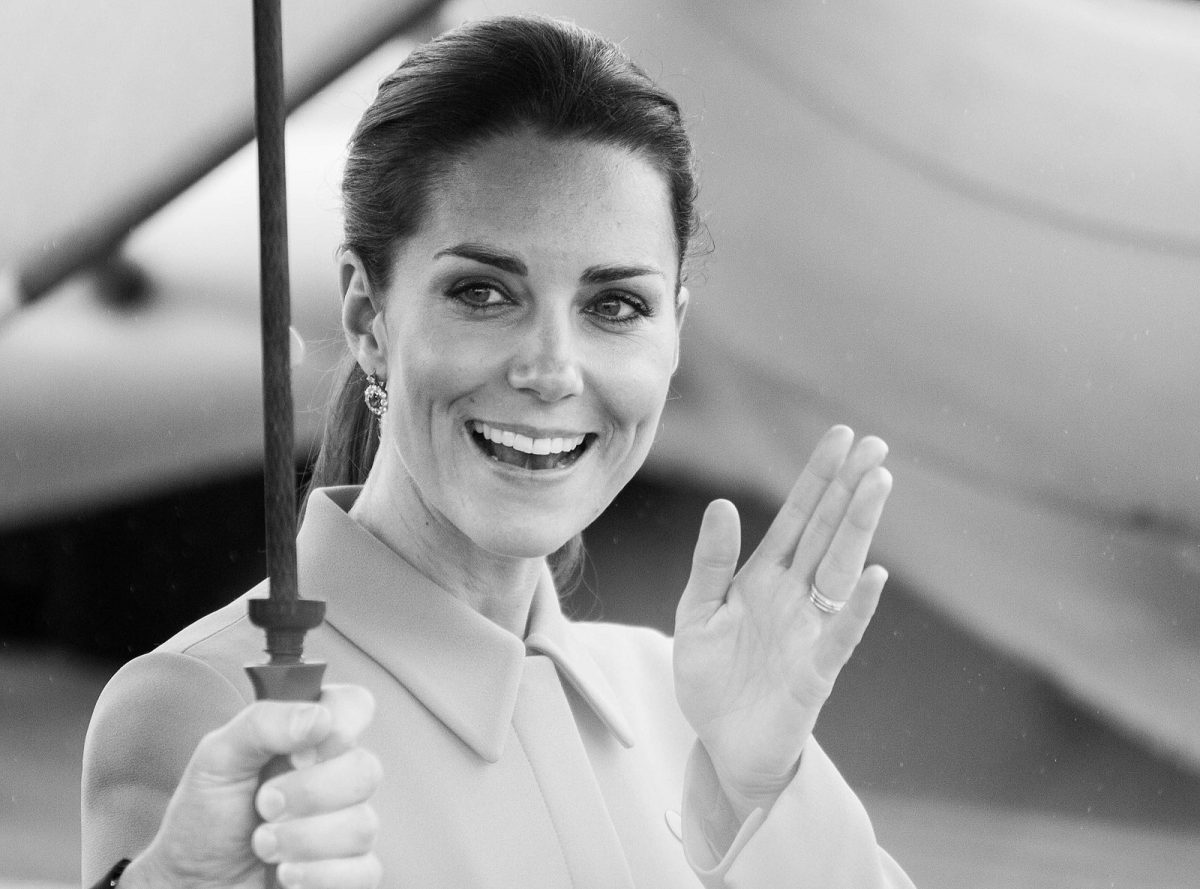In the unpredictable and consistently evolving environment of college sports, the introduction of athlete compensation marked a shift in how athletes are paid for their work and talent. While the choice had good intentions to empower athletes and provide them with financial opportunities, it has created an unfair advantage for wealthier institutions and undermines the sincerity of college sports.
College sports are rooted in the value of fair play, where teams compete on a leveled playing field, and success is determined by skill, unity and teamwork. However, the introduction of the Name, Image and Likeness Bill in 2019 has created a trend of luring athletes with a single paycheck and has introduced a wealth inequality that threatens the view of fair competition. Smaller programs were once able to build competitive teams, yet now find themselves at a disadvantage.
The purpose of higher education is to learn, make mistakes, broaden horizons and showcase academic and athletic talent. While pursuing excellence in sports can open many doors and create a bright future for athletes, the recent threat of financial awards can overtake the core values that college offers. The flexibility for students to change majors or transfer schools shouldn’t be prevented for athletes because of contracts and brand deals. This limits their freedom and prevents the evolution of college sports teams.
There needs to be a balance between acknowledging the dedication and commitment of athletes and preserving the importance of education.
College is a hungry arena filled with athletes who all want to be the best of the best and will do everything in their power to get there. Although playing sports can result in future career opportunities, very few athletes actually make it to the professional level. Therefore, there needs to be a balance between acknowledging the dedication and commitment of athletes and preserving the importance of education.
Compensating athletes undermines the most crucial value that college offers: learning. Playing a sport well can get a student into the most prestigious institutes and colleges in the world, but is it worth the immediate reward for a lifelong complication of gaining jobs and a career? A student wouldn’t blink twice if they were offered to play football at a university for two million dollars a year, but they would most likely be risking their academic career for that reward.
Rather than high financial awards, there are alternate forms of compensation that can be used by institutions, so athletes can be “paid” for their time and commitment to the school and sport. Schools can provide resources to obtain endorsements. This change has been proposed in the NCAA and is currently being examined. This approach supports athletes and helps them pursue their passion but also prevents the unfair advantage that some colleges will have over others.
The future of college athletics will forever be unpredictable, which is why it is crucial to address how important the values of fair competition are. Finding a balance between acknowledging the financial needs of athletes and preserving the integrity of the sport is key. The focus should be on creating a system in college that promotes healthy, fair competition, and ensures that athletes and teams’ success is earned through hard work and skill rather than money.









